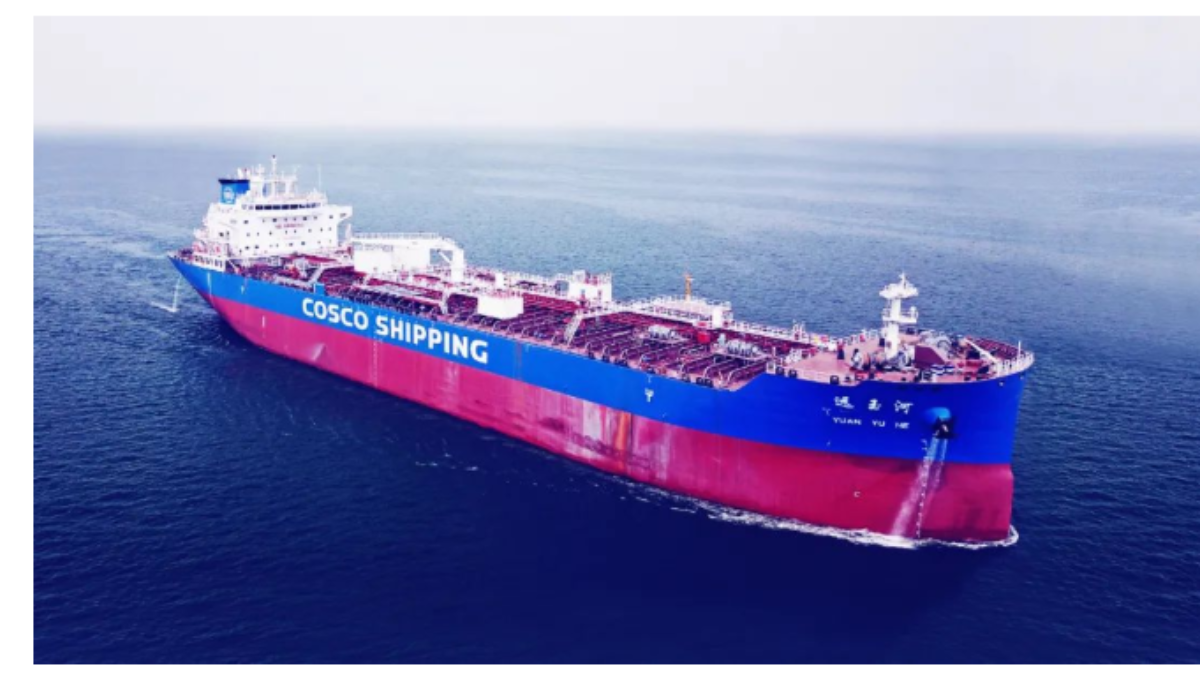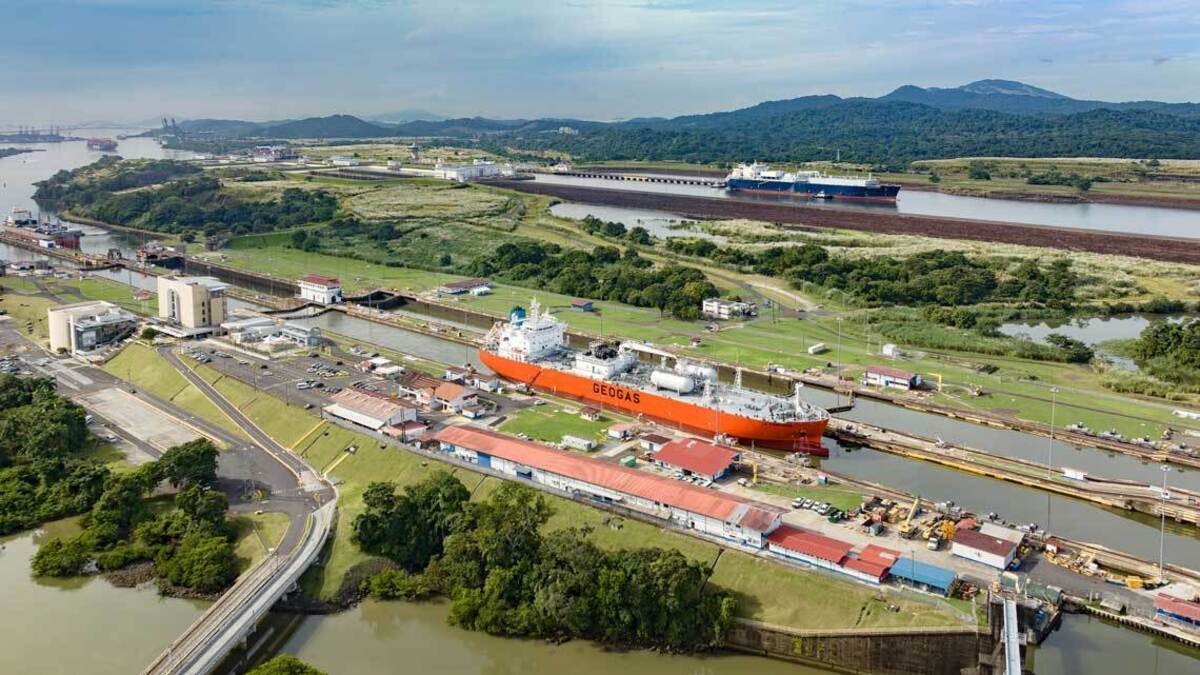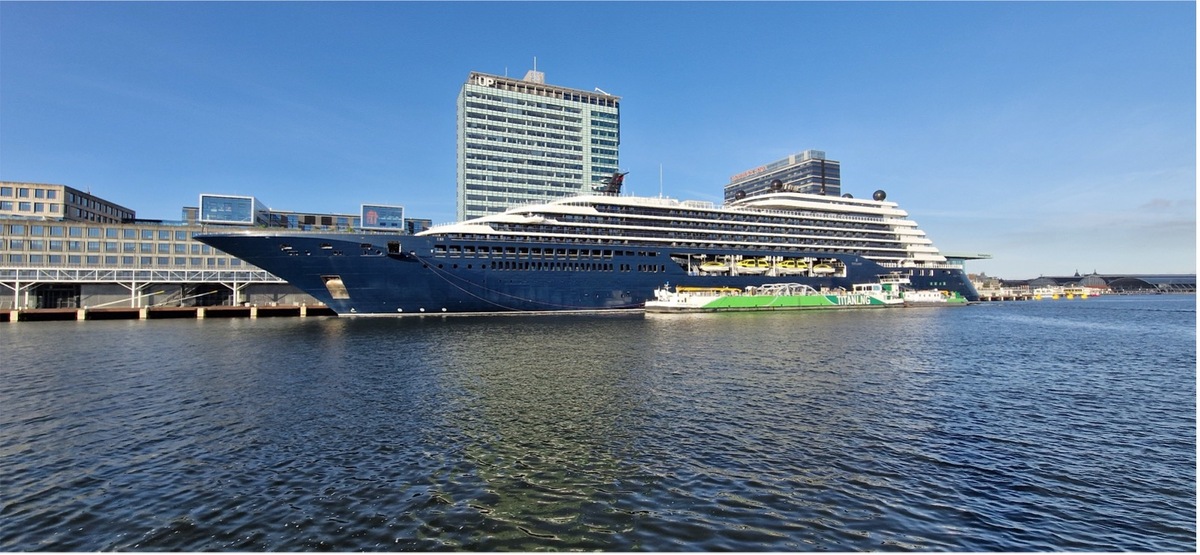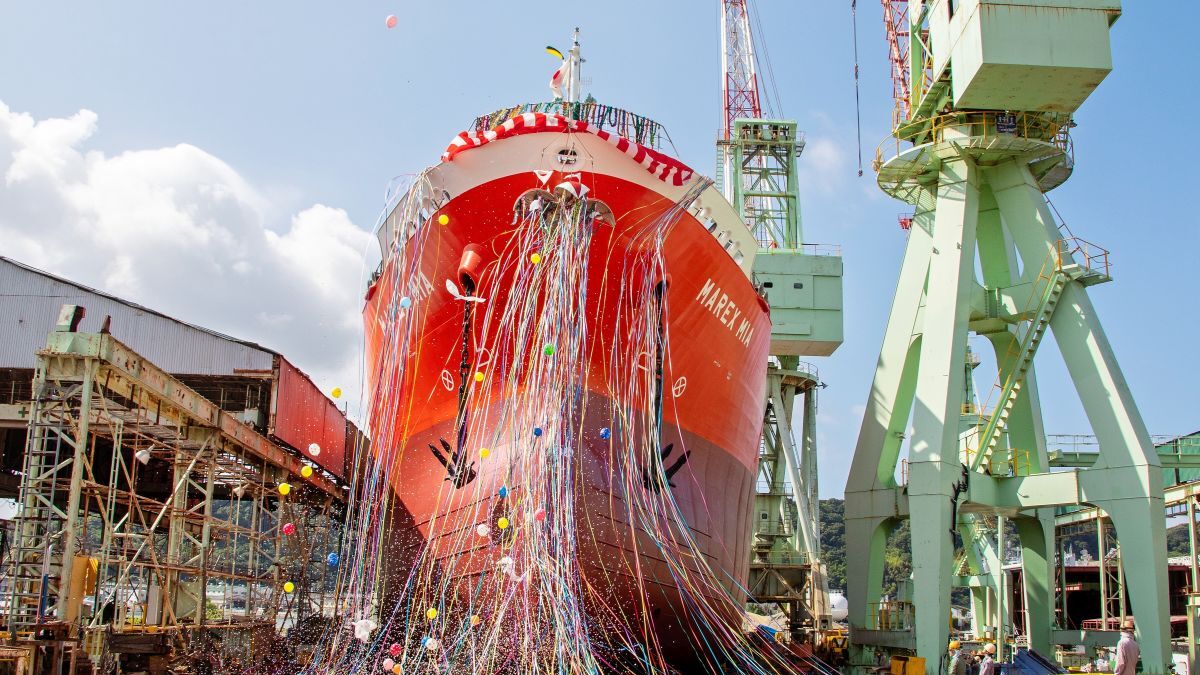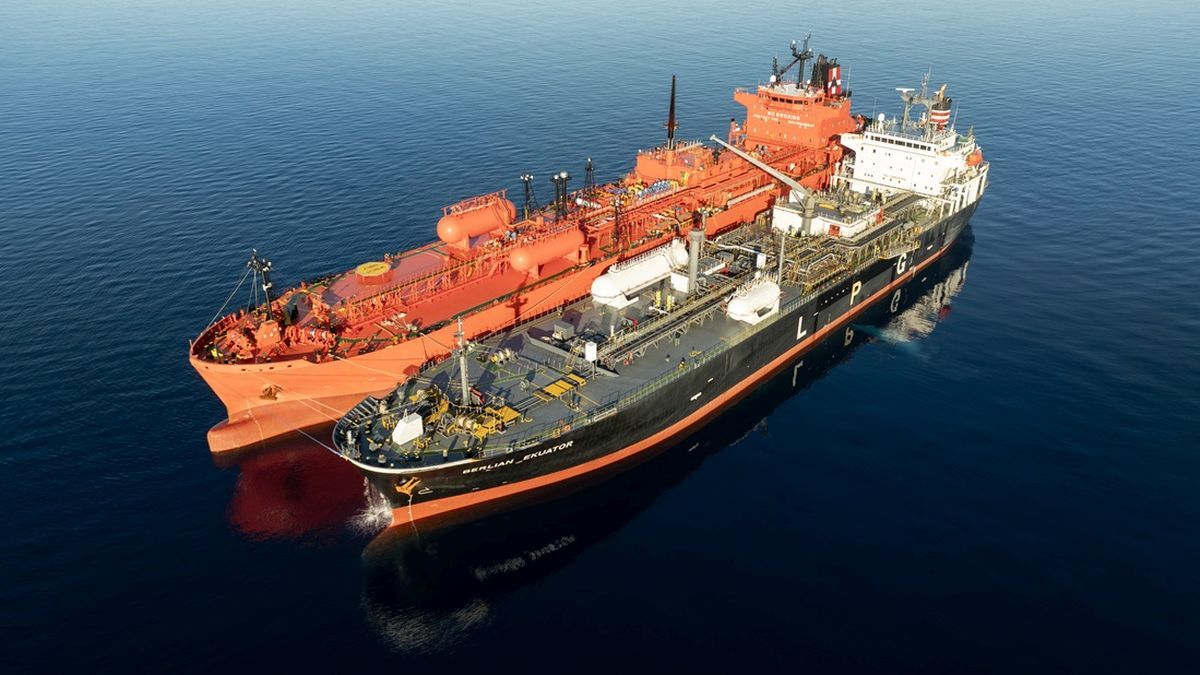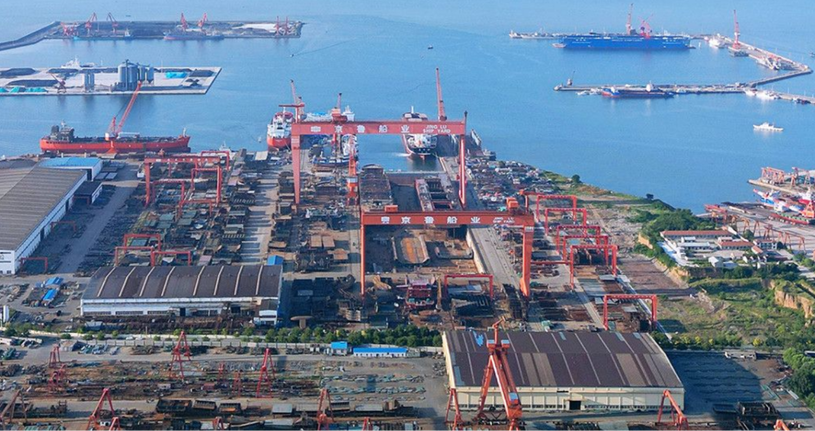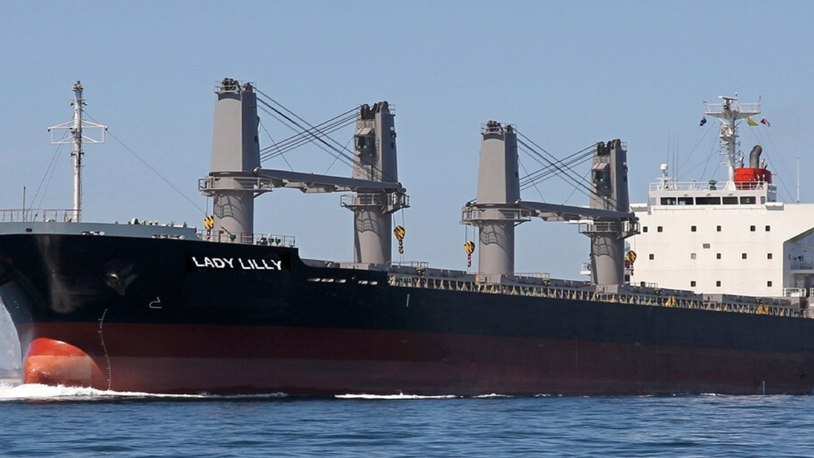Business Sectors
Events
Contents
Register to read more articles.
Upcoming US port fees could shake up the MR tanker market
The MR tanker market is expected to be shaken by the upcoming US port fees, with vessels already departing the Atlantic as vulnerable owners move to reduce exposure
In its latest weekly report, BRS Shipbrokers noted that actions by the United States Trade Representative (USTR) could have a significant impact on the clean tanker segment – particularly the MR2 market. This is because more than 20% of the MR2 fleet is Chinese-owned or operated, and these vessels have traditionally traded worldwide.
In absolute terms, MR2s represent the largest number of Chinese-owned or operated ships, while Panamaxes have the highest proportion (71%) of Chinese-linked units within their fleet – a figure reflecting the limited number of vessels built in or after 2006.
“Considering that the US is the main gasoline importer and diesel exporter in the Atlantic, it has by far the largest influence over the fortunes of MR2 tankers in the region,” analysts explained. “Therefore, if an MR2 cannot trade to the US due to port fees – and unless it is engaged in specific non-US business, such as transporting Russian refined products – there appears little economic incentive for such a ship to remain in the region,” BRS added.
Impact on trade routes
BRS cited ship-tracking data indicating 64 Chinese-linked ships have already left the Atlantic since early August. Analysts highlighted the departure of this Chinese-owned or operated tonnage has coincided with strengthening rates on the US Gulf Coast–Northwest Europe route.
However, BRS noted while the USTR measures may have influenced these movements, the total number of MR2s in the Atlantic has remained broadly stable, as Chinese-linked units have been replaced by non-Chinese-linked vessels.
“Considering this backdrop, it will be interesting to see whether more non-Chinese ships arrive in the region over the coming weeks and months,” the report stated.
Analysts expect regional demand to remain firm through the winter, as Europe’s pull on US diesel is likely to stay strong amid low inventories. Volumes from India and Turkey are also expected to decline following the EU ban on diesel refined from Russian crude by third countries.
Limited impact on crude tankers
In contrast, BRS said most Chinese-owned and operated crude tankers are concentrated in the East rather than the West, suggesting limited exposure to the US market.
“Considering the exemptions for Chinese-built ships operated by non-Chinese companies, it appears that fees will not have a significant impact on US crude exports, as there should remain ample tonnage exempt from the charges to lift US crude,” the analysts noted.
“Furthermore, there should also be enough non-Chinese-built and non-Chinese-owned or operated tonnage available to carry the nearly 2.5M barrels a day of US crude imports,” BRS added.
Riviera’s Tankers 2030 Conference, Singapore will be held 19-20 November 2025. Use this link to register your interest and attend the event.
Related to this Story
Events
Offshore Support Journal Conference, Americas 2025
LNG Shipping & Terminals Conference 2025
Vessel Optimisation Webinar Week
© 2024 Riviera Maritime Media Ltd.


